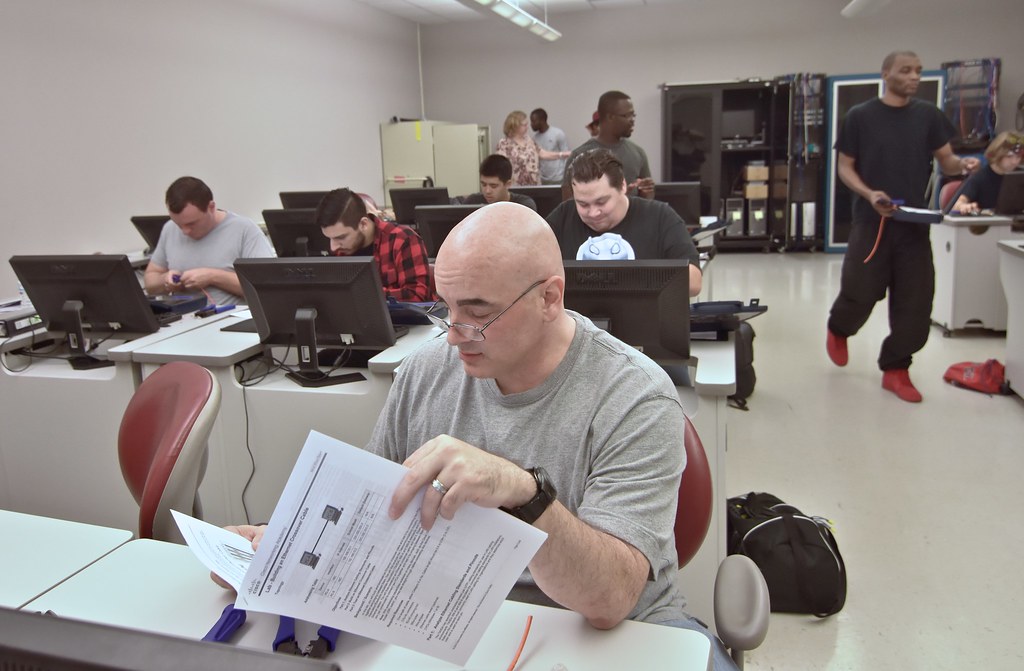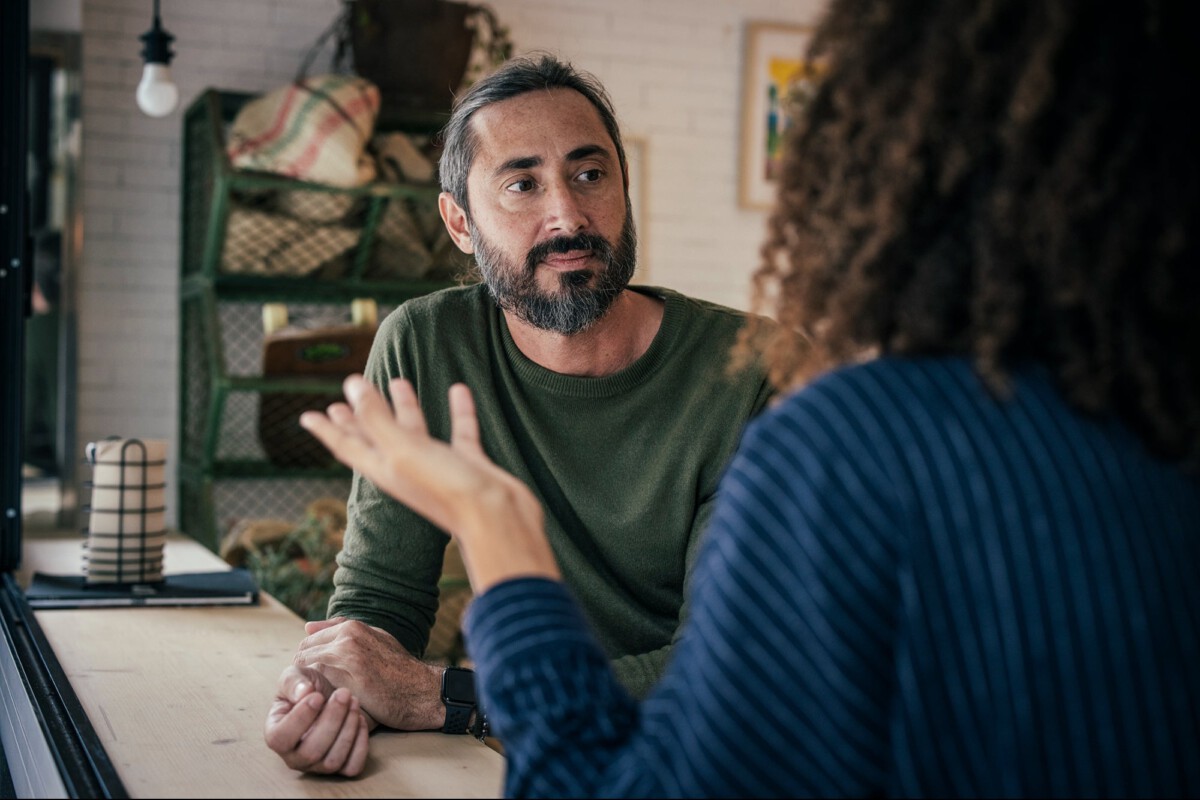The Initial Rush of Resolve (Image Credits: Unsplash)
Altadena, California – Dust swirls across empty lots where homes once stood, a quiet reminder of the chaos that unfolded nearly a year ago.
The Initial Rush of Resolve
Right after the Eaton Fire tore through Altadena in January, the community buzzed with energy. Neighbors banded together, sharing tools and stories while clearing debris under the relentless sun. That shared purpose felt unbreakable, like a family pulling through a storm.
Volunteers poured in from nearby towns, and local groups like Altadena Not for Sale sprang up to fend off speculators eyeing the scorched land. For those first few months, every nail hammered and every foundation poured symbolized a comeback. It was raw determination at its best.
Yet, as spring turned to summer, the momentum started to wane. Simple tasks, like securing permits, dragged on longer than expected. People began whispering about how the real fight was just beginning.
Bureaucracy’s Heavy Toll
Imagine pouring your savings into a dream home, only to hit wall after wall of red tape. In Altadena, that’s the reality for many fire survivors navigating county approvals and insurance claims. What should take weeks stretches into months, sapping energy and bank accounts.
One family shared how their rebuild permit sat in limbo for over six months, forcing them to live in a cramped rental far from their kids’ school. The unincorporated status of Altadena means decisions bounce between multiple agencies, slowing everything down. It’s not just paperwork – it’s a daily grind that wears on the spirit.
Community leaders point out that this delay isn’t unique, but in a place still healing from disaster, it hits harder. Folks who once rallied now question if the system is stacked against them.
Economic Ripples Hit Hard
Small businesses in Altadena took a brutal hit from the fire, and recovery has been uneven at best. Restaurants and shops that survived the blaze now face empty streets and loyal customers scattered by displacement. The Altadena Dining Club stepped in to boost foot traffic, but it’s a band-aid on a deeper wound.
Here’s a quick look at some key challenges:
- Loss of local jobs: Over 500 positions vanished as businesses shuttered temporarily.
- Rising costs: Material prices jumped 20% due to supply chain issues post-fire.
- Tourist dip: Visitors who once flocked to the area’s trails now steer clear of the visible scars.
- Insurance gaps: Many owners got partial payouts, leaving them short on funds to reopen fully.
Without steady support, these spots risk closing for good, pulling the whole neighborhood down with them. It’s a cycle that’s hard to break when every dollar counts.
Emotional Weight of Waiting
The mental strain sneaks up quietly. Families displaced by the fire started strong, attending support meetings and planning their futures. But ten months in, the constant uncertainty breeds frustration and doubt.
Kids miss the stability of their old routines, and parents juggle work with endless calls to officials. Reports from the area describe a shift from optimism to what some call “great disillusionment.” It’s like running a marathon only to find the finish line keeps moving.
Mental health resources have ramped up, with groups offering counseling sessions tailored to fire survivors. Still, not everyone can access them, leaving isolation to fester.
Community Efforts Fighting Back
Not all is lost – pockets of resilience shine through. Organizations like Habitat for Humanity have broken ground on new homes, giving families like the Woods a tangible win after losing everything. These projects remind everyone that progress, though slow, is possible.
Local coalitions are pushing for better planning, including community centers redesigned for long-term support. Events bring people together, from rebuild workshops to shared meals, rebuilding bonds as much as structures.
Yet even here, fatigue shows. Volunteers who gave endlessly now step back to focus on their own recoveries. The fire didn’t just burn homes; it tested the limits of communal goodwill.
Lessons from the Long Haul
Looking ahead, Altadena’s story underscores how disasters linger far beyond the headlines. The Eaton Fire exposed vulnerabilities in planning and aid, from evacuation alerts to post-blaze funding. Addressing them could prevent similar despair in future crises.
Statewide, calls grow for streamlined processes in unincorporated areas. It’s a push that could transform not just Altadena, but other at-risk communities too.
| Challenge | Potential Fix |
|---|---|
| Permit Delays | Dedicated fast-track teams for disaster zones |
| Business Losses | Targeted grants and low-interest loans |
| Mental Health Gaps | Expanded free counseling via local hubs |
Key Takeaways
- Early unity fades without quick systemic support.
- Economic recovery ties directly to community stability.
- Small wins, like new builds, keep hope alive amid setbacks.
In the end, Altadena teaches us that rebuilding isn’t linear – it’s a battle against time and tide. What steps can we take to support places like this before despair wins out? Share your thoughts in the comments.








